Bringing two of the most important aspects of our lives together: Math and Science!
Who doesn’t like a good celebration? We live for THAT moment when we get to be a little bit silly and a little out of the ordinary. There’s something about it that lights us up inside. It's hard to believe it's already March 14! Time flies when you're having fun, am I right?
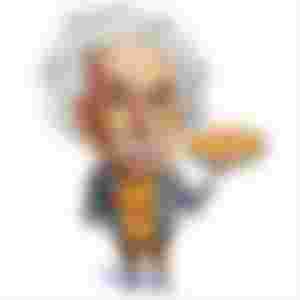
Well, today is not just any ordinary day. It's Pi Day (3/14)! And while that's pretty cool, it also happens to be Einstein's birthday (and we all know how much the world loves Einstein). If you're a math nerd, today is your day. And if you're a bit more science-minded, it's your day too! Today we celebrate math and science, and all the incredible things they allow us to do.
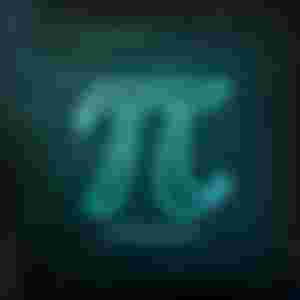
Every year, March 14th marks the celebration of a mathematical constant that has fascinated and eluded mathematicians for millennia: Pi (π). Pi Day was established in 1988 and became an official national holiday in 2009 in recognition of "the importance of mathematics and science education."
We've been celebrating pi for a long time—even before it was called "pi"—since ancient Egyptians used it to determine the area of circles over 2000 years ago. Modern physics relies heavily on pi. Pi is the ratio of a circle's circumference to its diameter, which has been calculated to more than 10 trillion digits past the decimal point (3.141592653589793238462643383279502884197169399375105820… and so on). It's also known as an "irrational and transcendental number," which means that it can never be represented by two integers and it goes on forever and ever. 3/14 represents the first three digits of pi: 3.14.
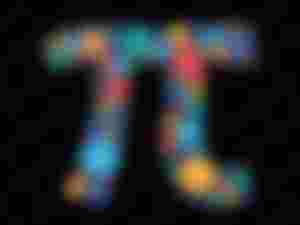
When we think about Pi Day, we think about the mathematical representation of a circle: its area, circumference, and diameter. But aside from that, we also think about how much more there is to life than just circles. So we're going to celebrate that too. We want to take this day to celebrate the amazing things you can do with circles—even if they aren't math-related. From roundabouts to doughnuts to marbles, circles are everywhere! And today is the day we get to celebrate them all.

That's a lot of math. But you know what? Math matters. Well, if math isn't really your thing, don't you worry because today is also the birthday of an icon: Albert Einstein. The guy who came up with all those crazy theories that changed our understanding of space and time was born on March 14, 1879. It's also worth noting that he was born in 1879, which makes today his 143rd birthday, which, when rearranged, will become, 3/14.

Sadly, it's been over 60 years since his passing. So, in honor of this great man, we're going to take a look at some fun facts about him.
1. Just because he spoke with a German accent doesn't mean he was actually from Germany. He was born in Ulm, Württemberg—now part of Germany—to parents who were non-practicing Jews. But his family moved around a lot when he was young, and he spent much of his childhood in Munich. He became a Swiss citizen when he was 15 years old and took up German citizenship again when he became an adult.
2. He loved sailing! His wife Elsa described him as "a lighthouse keeper" who would often take time off to sail along the coast of Caputh near his home in Berlin.
3. He was an avid violinist and played in chamber music groups throughout his life
4. Einstein wasn't always so smart. When he was a child, people thought his brain was too slow to ever learn anything. He didn't speak until he was almost four years old, and even then, he would only speak to say one or two words at a time. In fact, Einstein didn't start getting good grades until high school! But once he started to learn, there was no stopping him. It is likely that Einstein had dyslexia and ADHD—conditions that we now know make it much harder for students to learn quickly and pay attention in class.
5. He was notoriously messy and disorganized. With his wild hair, mustaches, and penchant for sticking out his tongue, he seems like the kind of guy who might have been a real character.
6. Einstein also had a sister named Maja who grew up to be his biographer. He said she was the only person he could talk about his research with.
7. Einstein married twice, but both marriages ended in divorce. He had two sons from his first marriage and two stepdaughters from his second marriage.
8. His brain was stolen after his death by Thomas Harvey, who did not give it back until 1978, when it was finally returned to his granddaughter.

The thing about Einstein is that his intelligence wasn't really about being able to do things faster or being able to solve problems other people couldn't solve. It was more about seeing the world differently from anyone else—like having an entirely different perspective on life—and then using this perspective to change everything we knew about physics and make huge contributions to math and science that still affect us today. But the irony isn't lost on us that Einstein wasn't a fan of memorizing this particular mathematical constantm, Pi. "It's true," says Einstein's great-granddaughter, Evelyn Einstein, "He thought it was too much effort to remember all those digits."

Math and Science are not just for kids. No matter how old you are, it's never too late to start learning more math and science skills. And let's face it: they make you really good at so many things in life. Math helps us make sense of the world. It's all around us. From the way our phones work to how much cake we need for a party, math is essential to understanding the past, present, and future. Meanwhile, Science helps us understand the world around us. How does an airplane fly? What makes plants grow? It helps us answer these questions and many more. The best part about these two fields is that they are constantly evolving and expanding.
I know that math can be hard and science can be intimidating. But I also know that our curiosity, creativity, and imagination are more than enough to get us through tough equations and complicated experiments. We just need to take a deep breath, roll up our sleeves, and get ready to play!
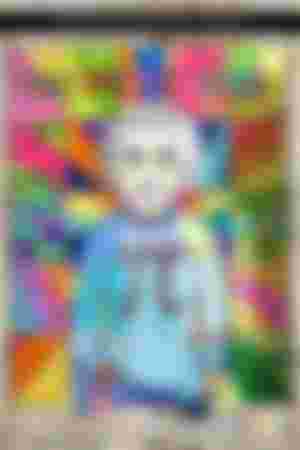
So on this beautiful day, let us celebrate math and science, the symbol of our collective potential as humans! Let's celebrate our ability to understand and be fascinated by impossible numbers and brilliant minds. Think about how far we've come in math and science since Einstein's birth, and imagine how much further we will go in the next hundred years. And maybe think about how we can apply that same energy to other parts of our lives—how can we use our ability to innovate in math and science to improve our society.
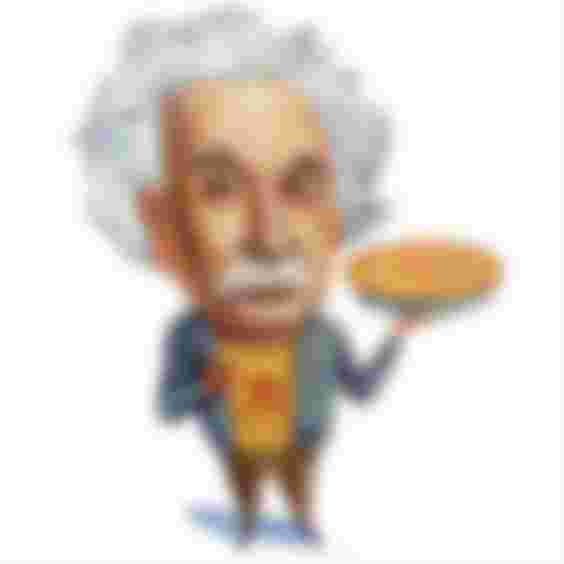
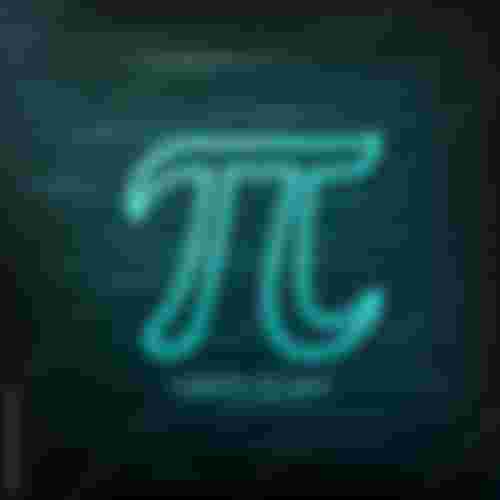
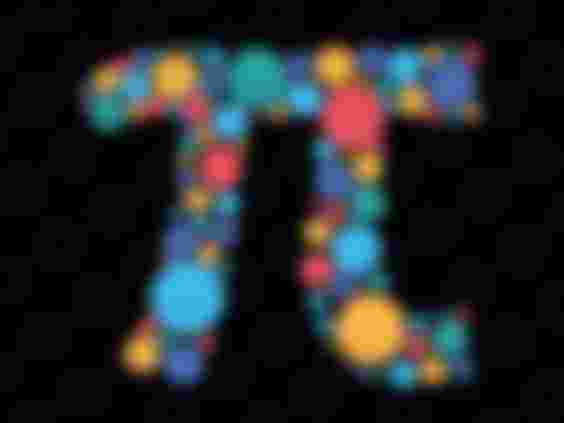
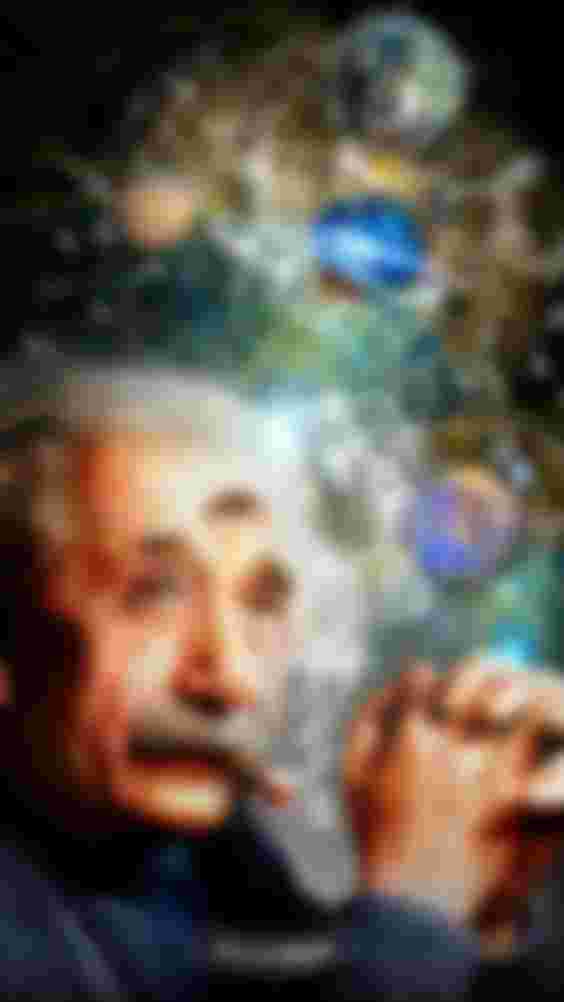



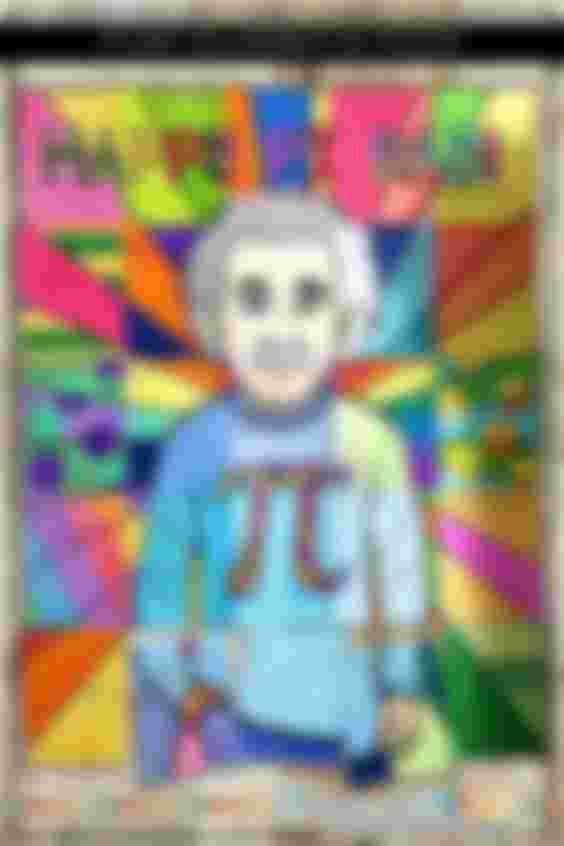
Late to the party but making an entry, happy pi day!